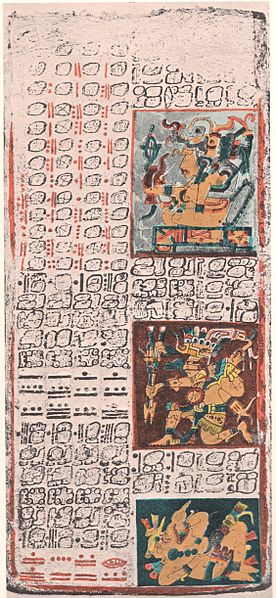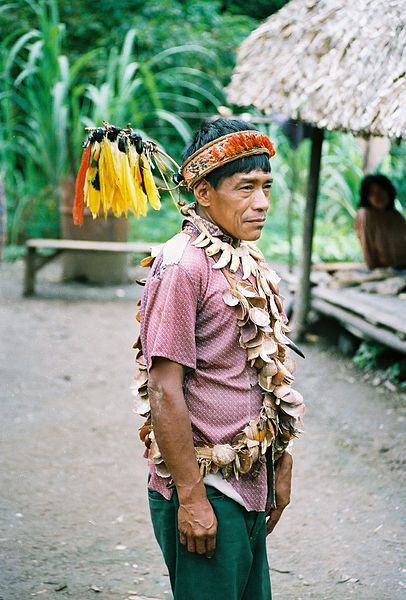Quechua, also called Runasimi in Southern Quechua, is an indigenous language family that originated in central Peru and thereafter spread to other countries of the Andes. Derived from a common ancestral "Proto-Quechua" language, it is today the most widely spoken pre-Columbian language family of the Americas, with the number of speakers estimated at 8–10 million speakers in 2004, and just under 7 million from the most recent census data available up to 2011. Approximately 13.9% of Peruvians speak a Quechua language.
The vocabulary of the general language of the Indians of Peru, called Quichua (1560). From Domingo de Santo Tomás the first writer in Quechua.
Act of Argentine Independence, written in Spanish and Quechua (1816)
Indigenous languages of the Americas
The Indigenous languages of the Americas are the languages that were used by the Indigenous peoples of the Americas before the arrival of non-Indigenous peoples. Over a thousand of these languages are still used today, while many more are now extinct. The Indigenous languages of the Americas are not all related to each other; instead, they are classified into a hundred or so language families, as well as a number of extinct languages that are unclassified due to the lack of information on them.
Yucatec Maya writing in the Dresden Codex, ca. 11–12th century, Chichen Itza
A Urarina shaman, 1988



